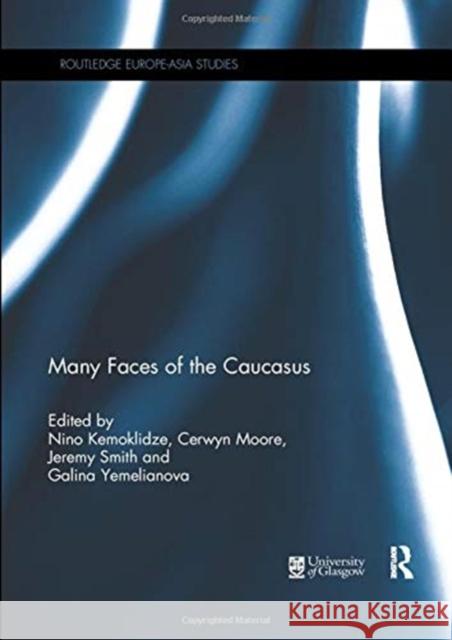Many Faces of the Caucasus » książka
Many Faces of the Caucasus
ISBN-13: 9781138377592 / Angielski / Miękka / 2018 / 210 str.
Many Faces of the Caucasus
ISBN-13: 9781138377592 / Angielski / Miękka / 2018 / 210 str.
(netto: 167,53 VAT: 5%)
Najniższa cena z 30 dni: 161,14
ok. 16-18 dni roboczych.
Darmowa dostawa!
Studies of the Caucasus in the West have been dominated by issues of security and ethnic conflict based on Eurocentric theoretical paradigms. By contrast, this volume offers contributions from researchers working within a range of disciplines, including history, social anthropology, sociology and cultural studies as well as international relations and security studies. Some of the contributions demonstrate in-depth knowledge of the region from `inside', while others explore the issues within a wider Eurasian and global perspective. The volume examines the politically-defined division of the region into the North and South Caucasus, the evolution of national identity and citizenship, and the role of the NGOs in the development of civil society in the post-Soviet period. Its content demonstrates the advantages of an area studies inter-disciplinary approach to the study of the region and the importance of collaboration between Western and local researchers. It highlights the importance of the Caucasus as a geographical, political and civilisational entity and examines the historical, cultural, political, religious and psychological factors behind the region's particular susceptibility to territorial and ethno-religious conflict. The book will be of benefit to scholars and students researching the Caucasus, Russia and the post-Soviet space. It will also appeal to policy-makers, NGO activists, journalists and a wider audience interested in this fascinating region. This book was published as a special issue of Europe-Asia Studies.











